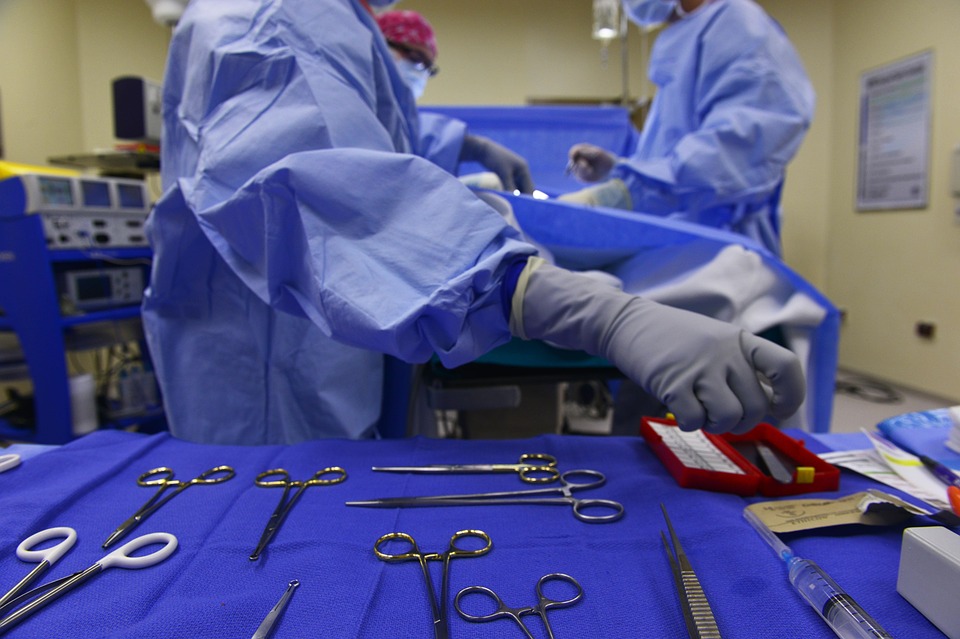When considering weight loss surgery or bariatric surgery, you should know that you will need significant support from your family and loved ones to succeed.
Before you decide to have weight loss surgery, it will be necessary to explain it to your family and make sure that they are on board to support you with all of the lifestyle changes you will need.
Dr. Carlos A. Barba, a bariatric surgeon and weight loss specialist explains what you need to tell your family about weight loss surgery and how you can get them on your side when it comes to transforming your lifestyle.
Pre-Operative Lifestyle Changes
Before you have surgery, you will meet with a dietitian to make sure your food choices are healthy. You will be encouraged to eat whole grains, lean proteins and low-fat dairy products, and plenty of fresh fruits and vegetables.
You will also be asked to exercise regularly for at least six months before your surgery. This positive lifestyle change must be carried over after you recover from the procedure.
Family members can support you by joining in your exercise and giving you moral support. Walking with a friend or family member is more fun than walking alone for many people. A family member may also want to join a gym with you so you can work out together. Your family member will also receive the health benefits of a better exercise routine.
The Procedure
Weight loss surgery is major surgery, and you should explain the procedure to your loved ones. In most forms of weight loss surgery, the stomach is restricted to a small pouch so that you will not be able to eat as much as you did previously. This will cut your calorie count and help you manage your weight.

You will need to be supported at home after your surgery. A loved one can help you take care of your needs after surgery, and their support will be emotionally and physically helpful to you in a stressful and challenging time.
Changes After Surgery
After you have physically recovered from your surgery, you will be engaged in a different lifestyle than beforehand. You will be eating a liquid diet at first, then a soft diet. You may be envious of your family’s food habits at this time; this is normal but should be carefully monitored.
Your family may be surprised by your new dedication to diet and exercise. In most cases, family members will appreciate the changes you are making and do everything they can to help you.
How Your Family Can Support You
Your family can support you by changing their diets to match your new requirements better. They do not have to eat small portions, but if they can change their habits to low-fat and nutritionally complete meals, it will be a source of moral support for you after your surgery.
Sometimes recovering from weight loss surgery and adjusting your attitude toward food and exercise can be highly challenging. Your family can help to remind you that you went through the surgery to improve your overall health and avoid dangerous complications from obesity.
Potential Issues
Some family members may not approve of your lifestyle changes, and they may want you to eat more or join them in eating unhealthy food.
Willpower is necessary to get through these situations without backsliding. It can be tough to cope with a family member who is not supportive.
A poor attitude on the part of your family members can damage your confidence and cause you to want to abandon your healthier lifestyle. Standing up to these family members and being strong is something that you can discuss with your therapist or psychiatrist if you have engaged in mental health care. A supportive friend can also be a huge help.
Gaining Support for a Healthier Lifestyle
When your family is in your corner, your chances of success after weight loss surgery will be much greater. While most patients’ surgeries are successful, backsliding is possible, and some patients will not lose weight as they intended. This can happen in a situation where family members are not supportive and either consciously or unconsciously sabotage your weight loss.
Education is Key
Bariatricians encourage all potential candidates for weight loss surgery to make sure that their families are well-educated on the benefits and risks of the procedure and the lifestyle changes that a patient must follow to succeed with the surgery. Family support can make or break your chance of success with weight loss surgery.
If your family is unsupportive, focus on finding friends who can help you with your problems. You can also turn to your primary care doctor to encourage you to adhere to your healthy lifestyle.
When you have weight loss surgery, you open yourself up to a new world of health and fitness. Overcoming the issues that come along with obesity can be a personal source of triumph. All patients should be strong in the face of setbacks.
